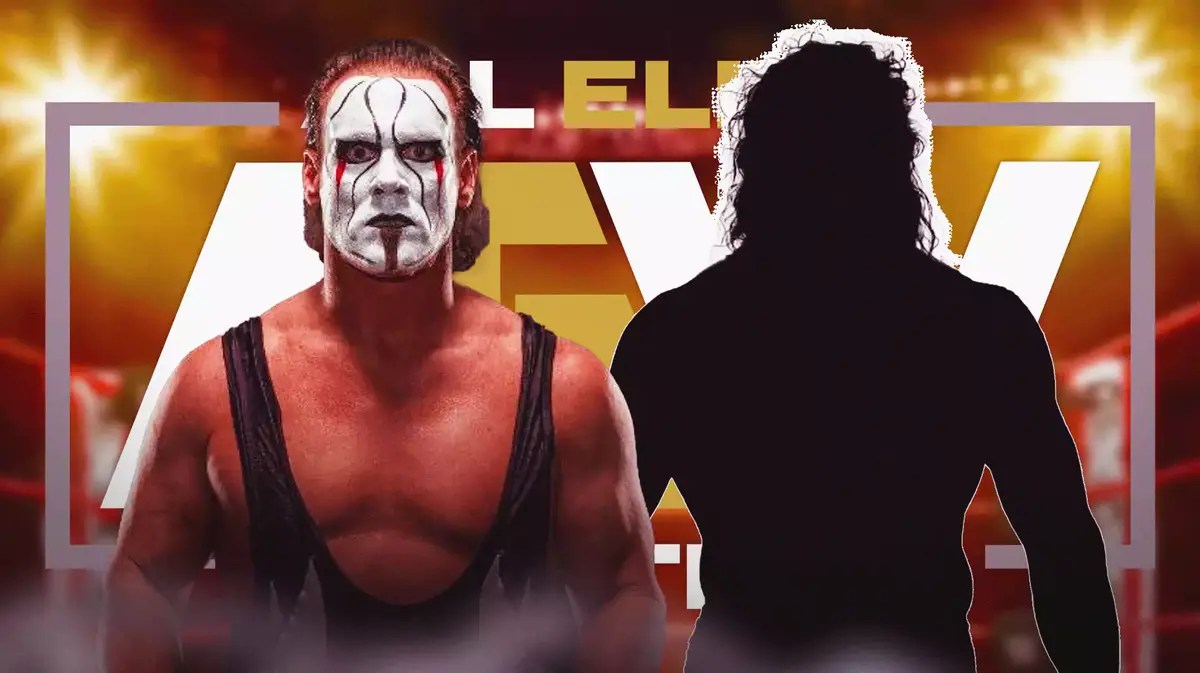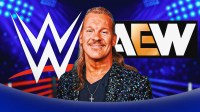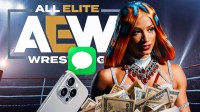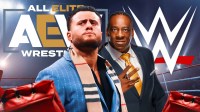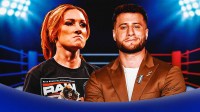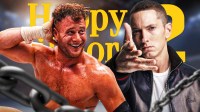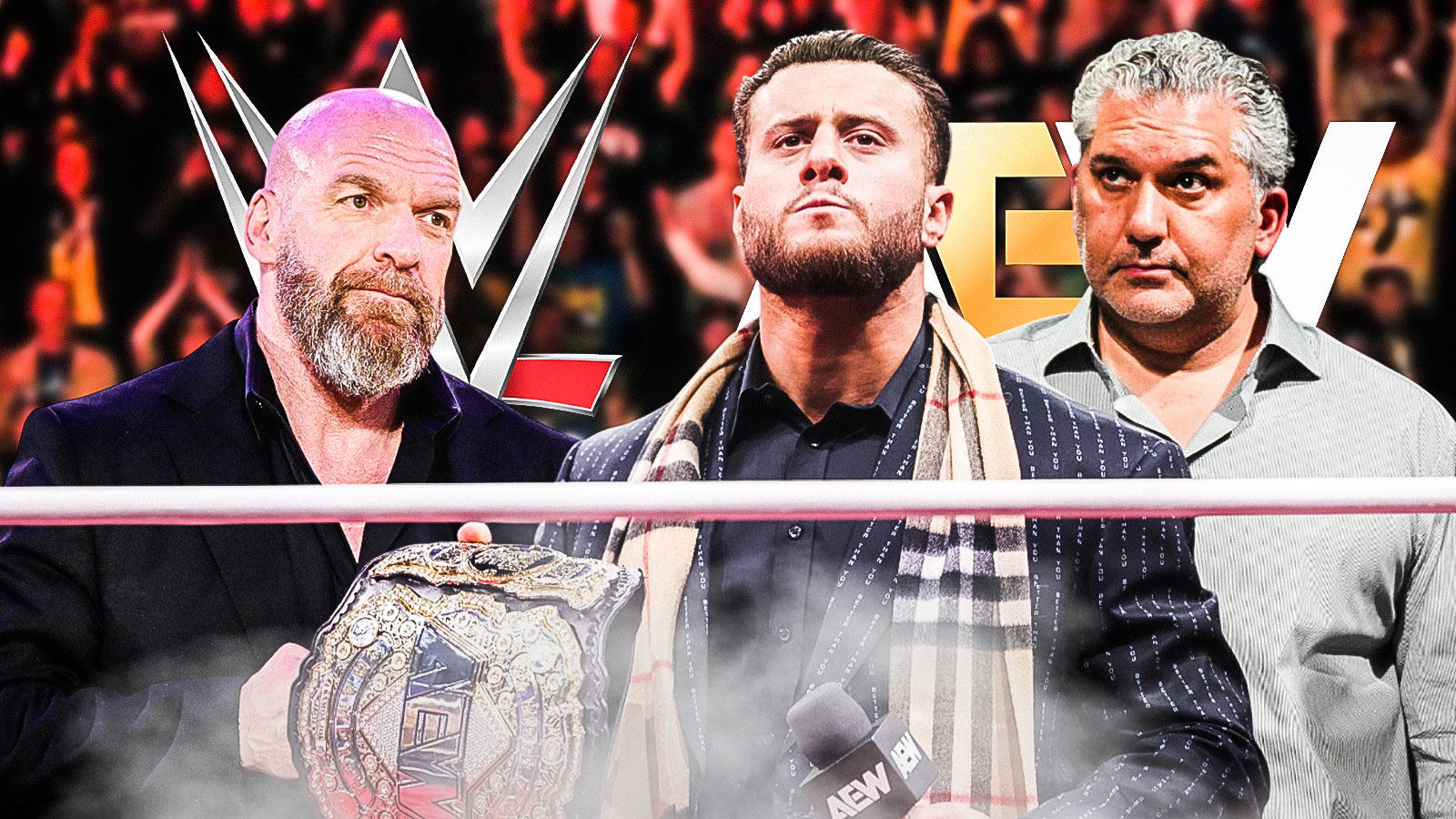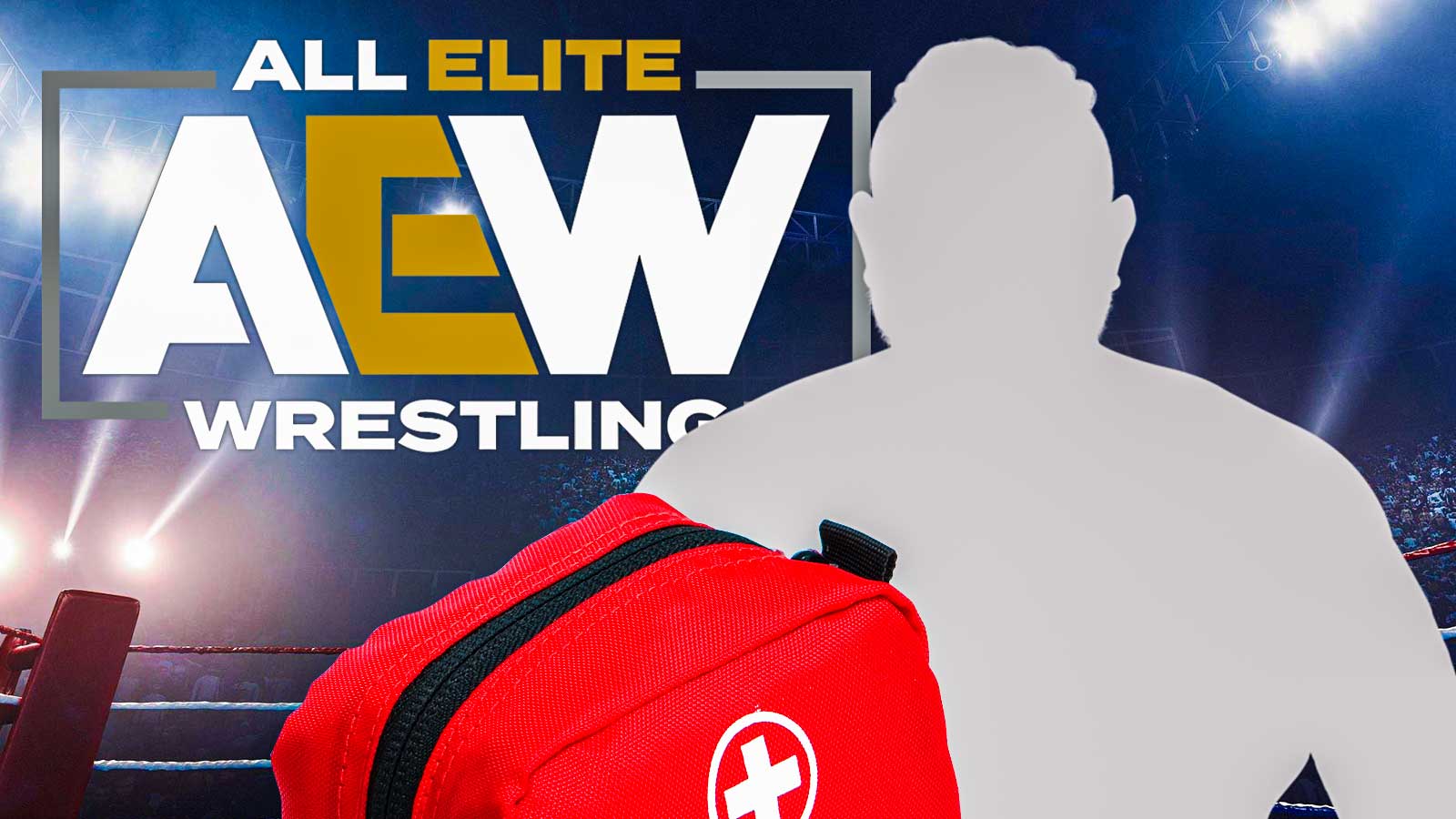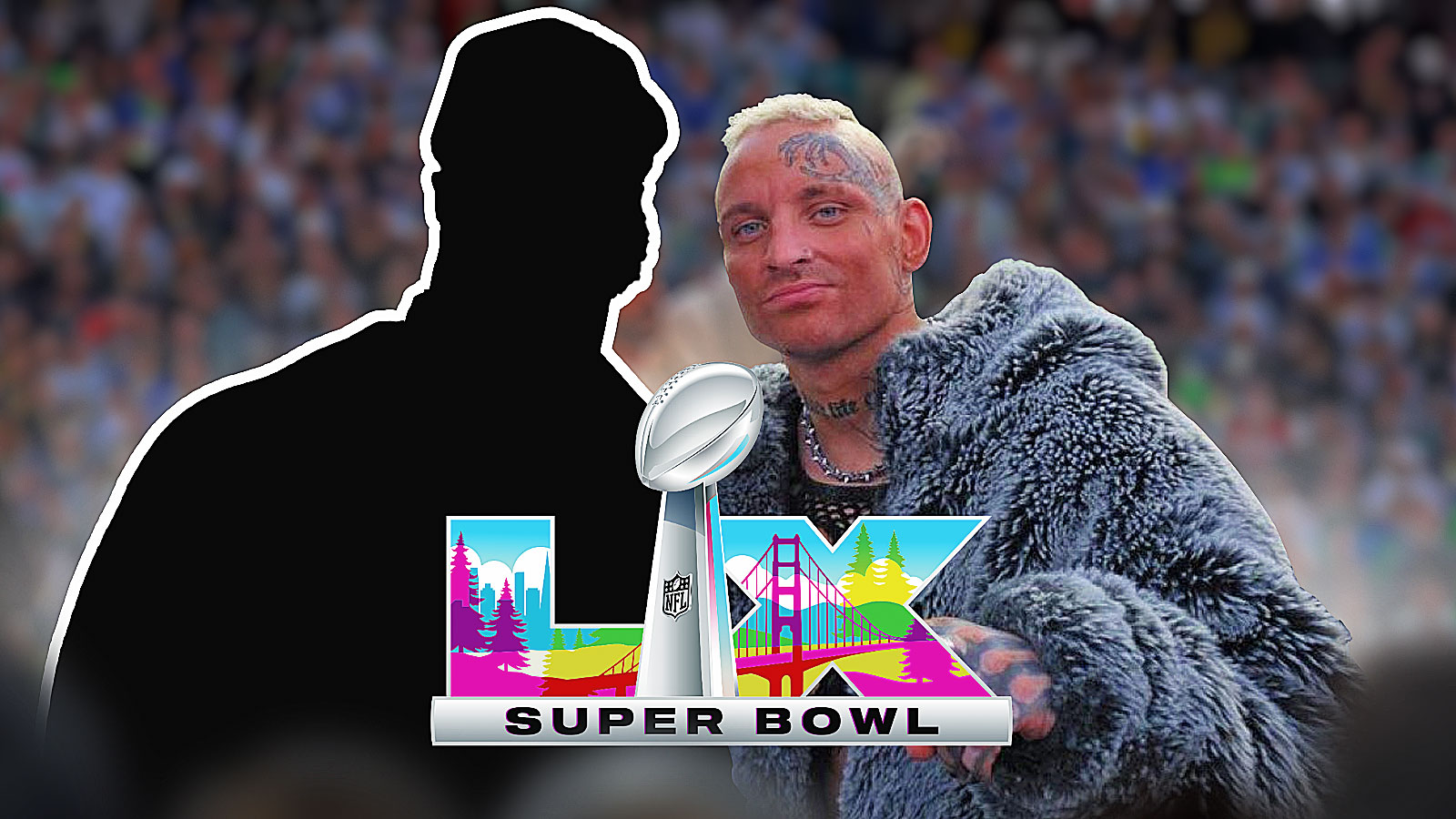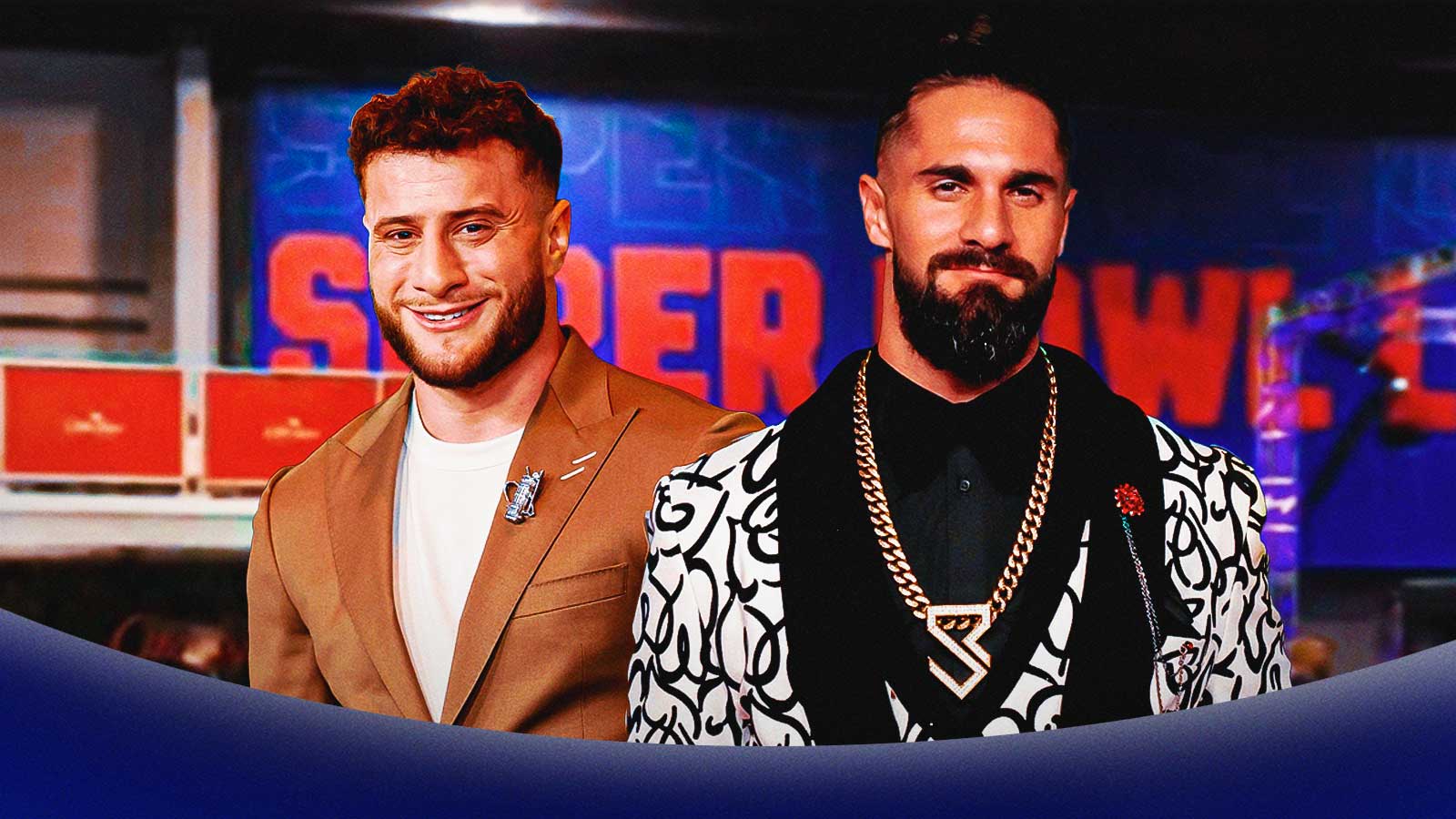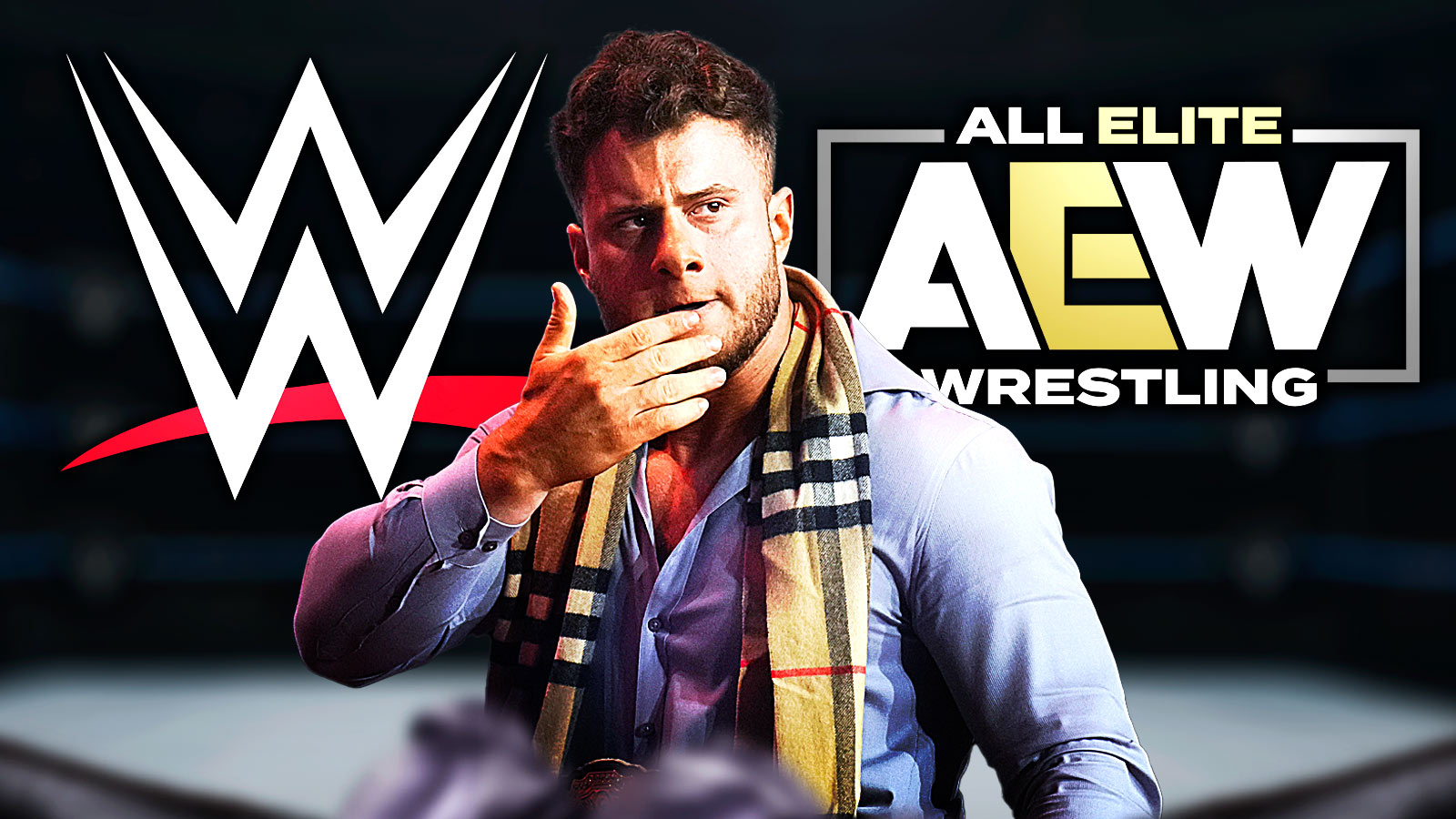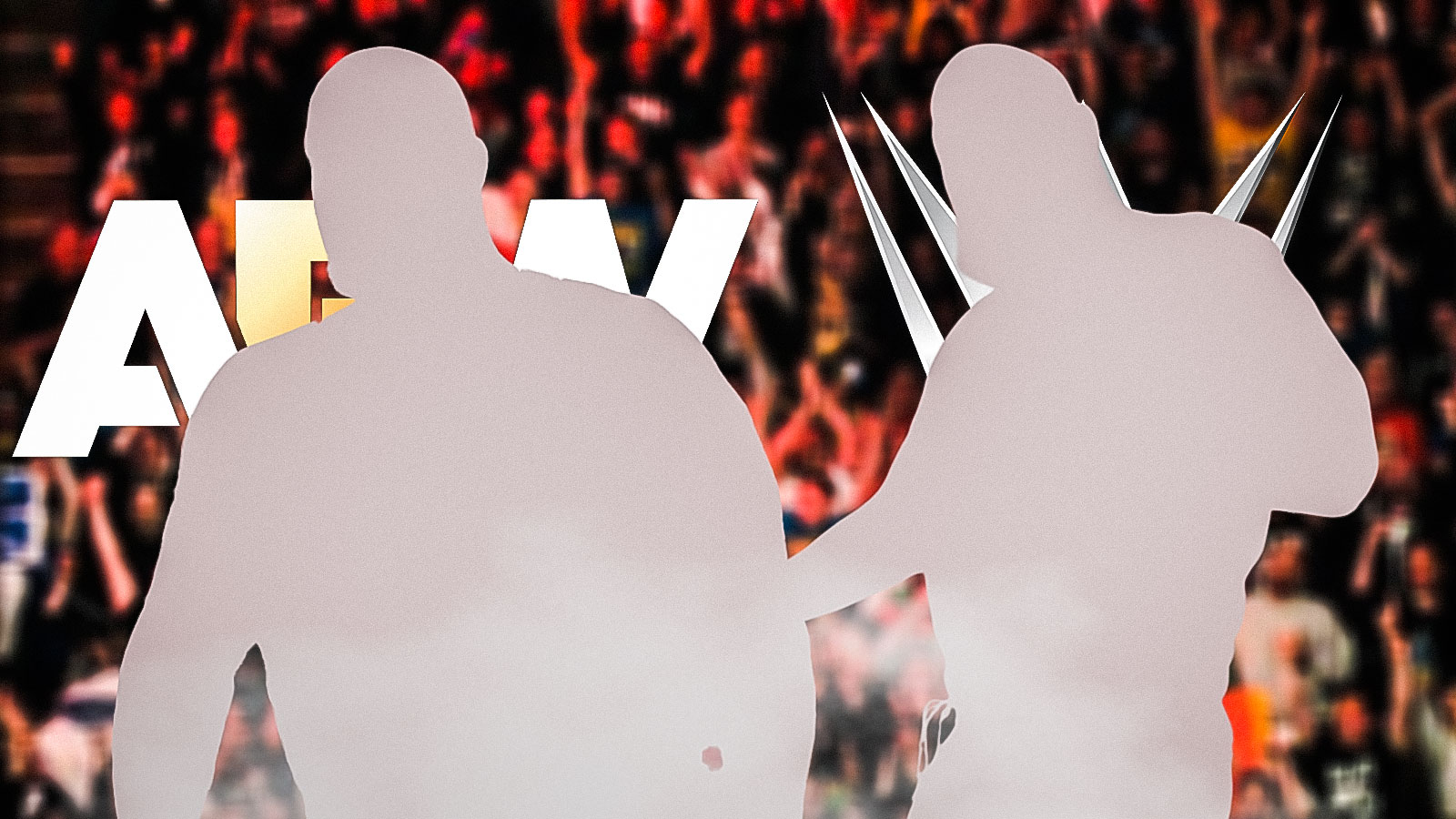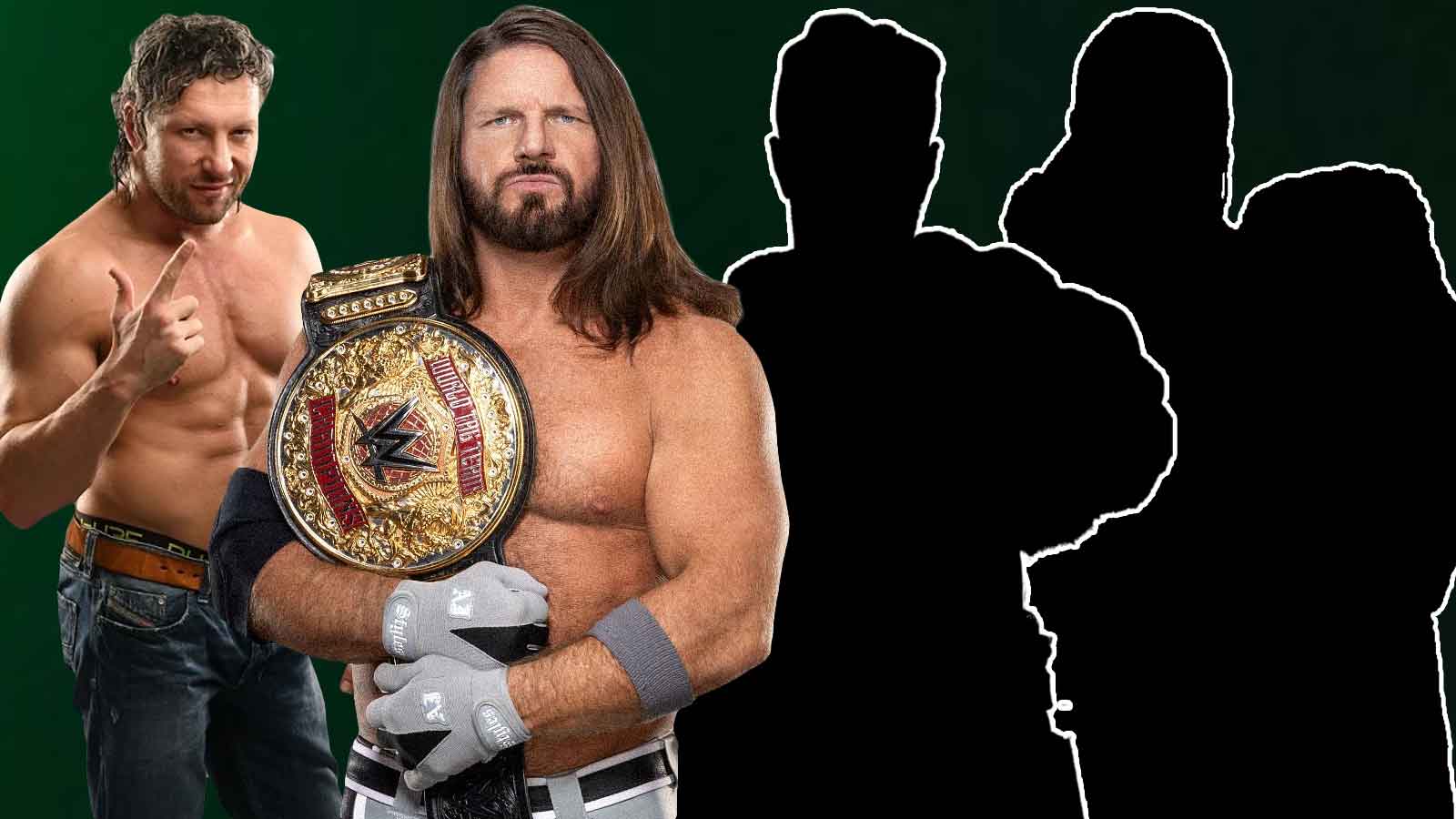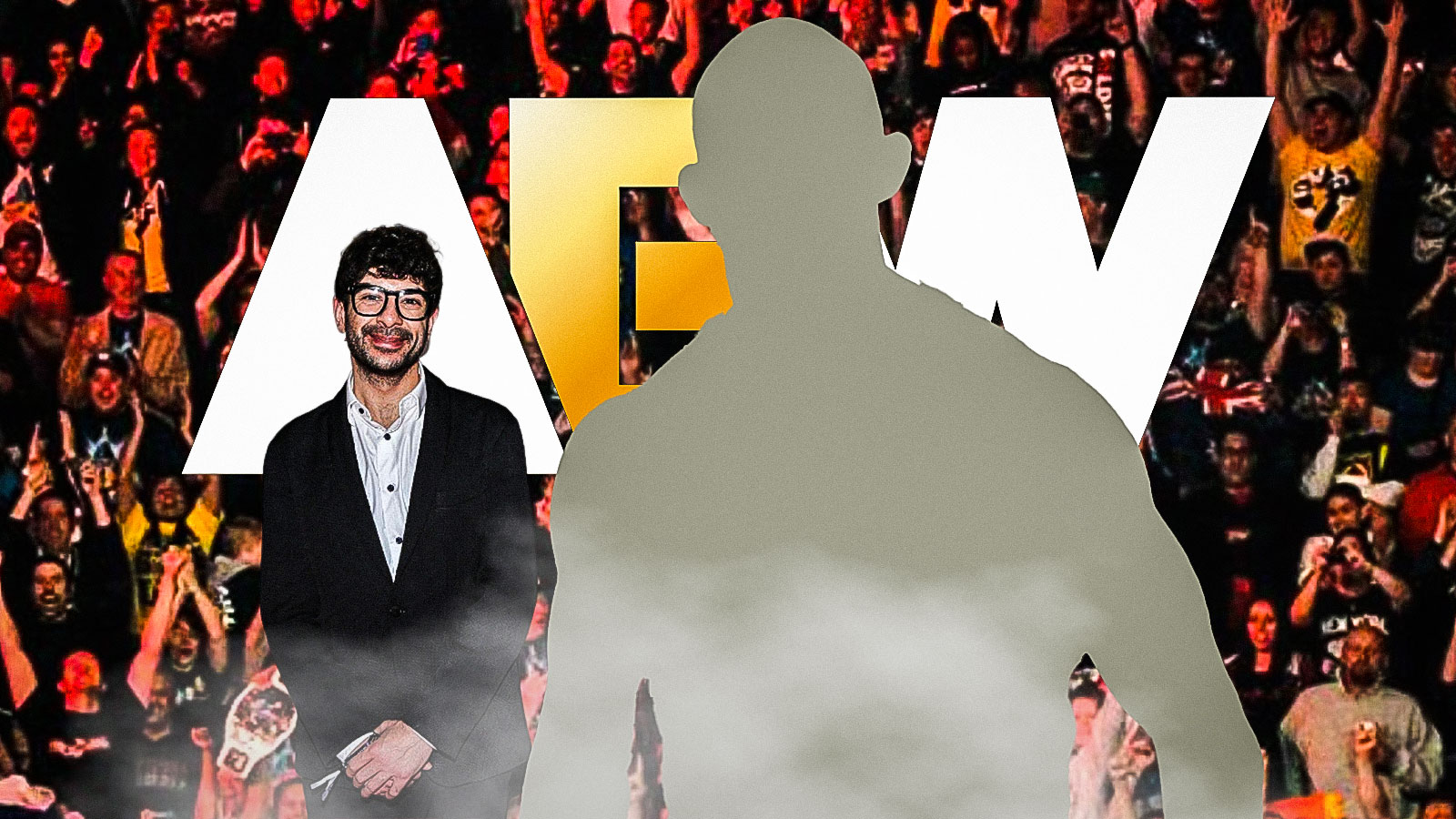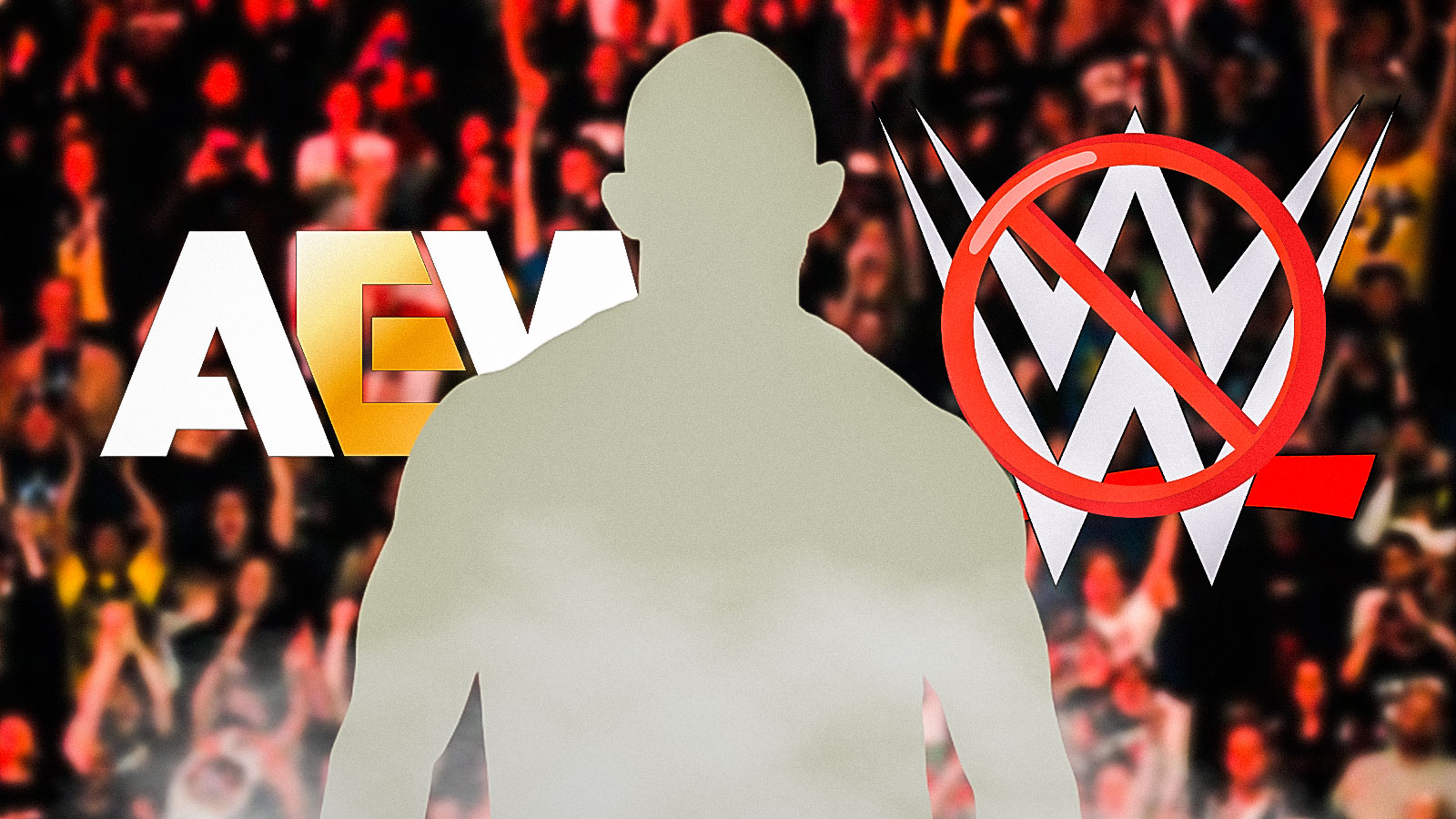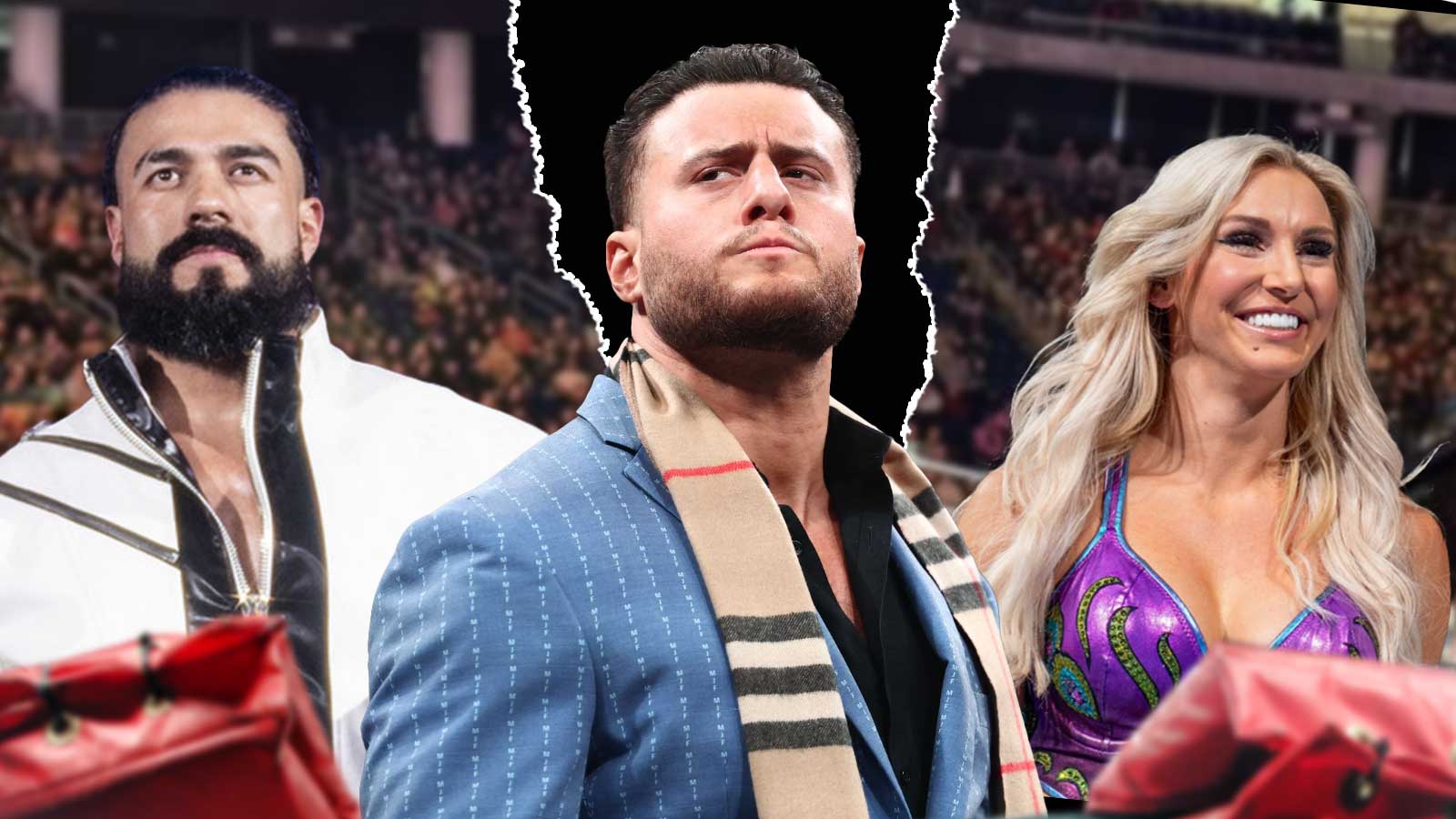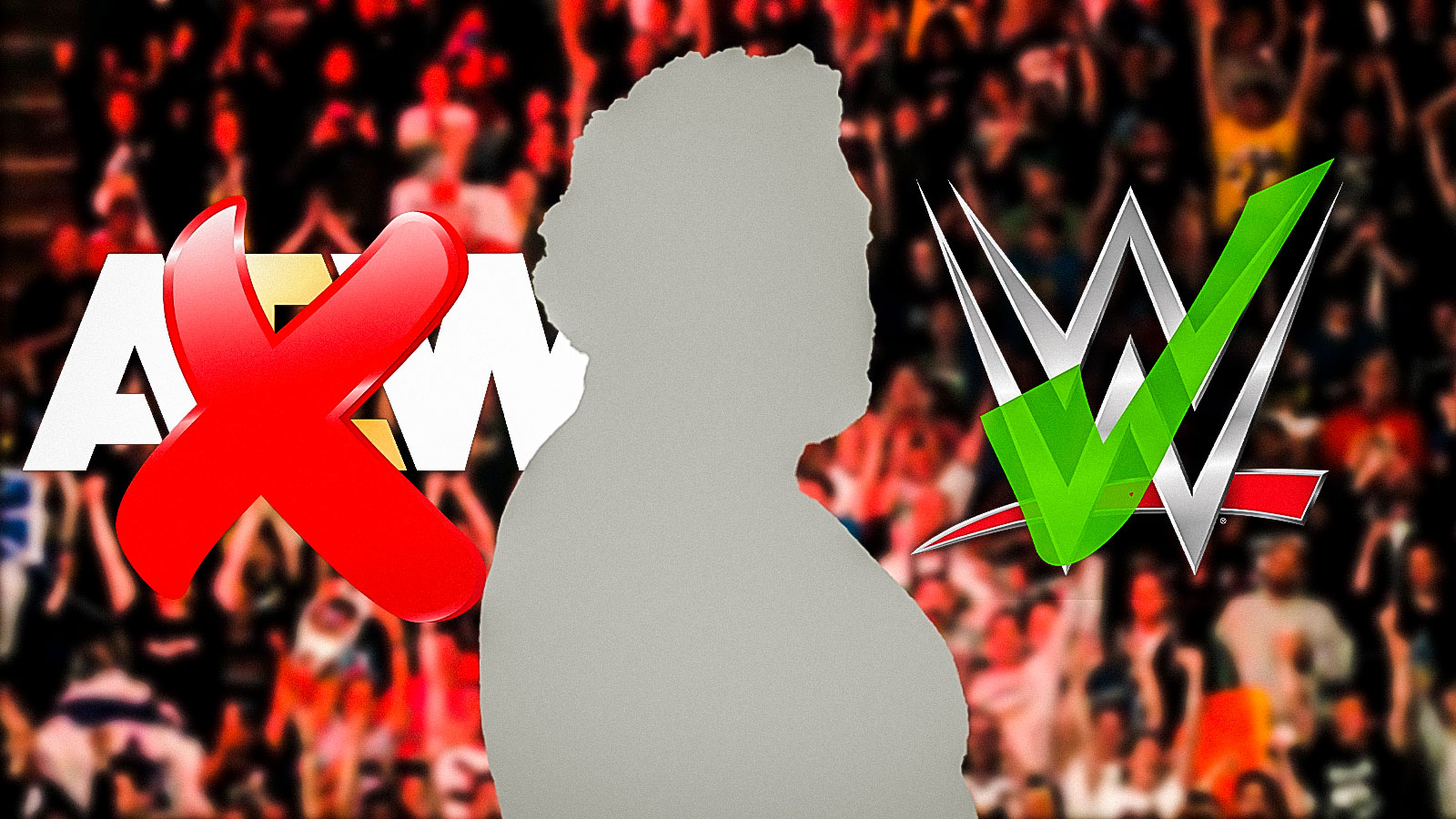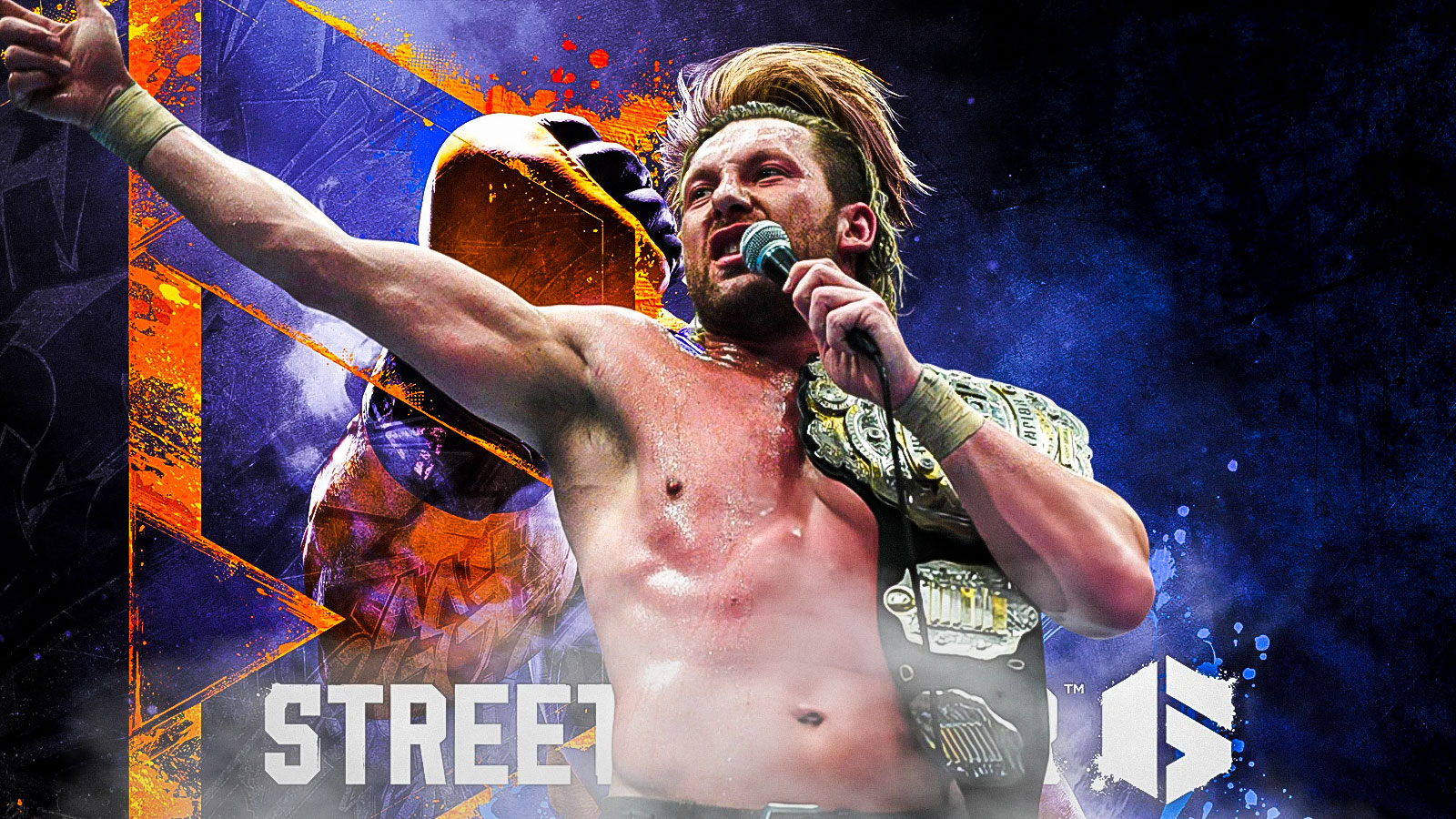After three years and 29 incredible matches in AEW, Sting's professional wrestling career has officially come to an end with a magical, cross-generational, all-but-guaranteed five-star classic against the Young Bucks at Revolution.
The match, a tag team bout alongside his exclusive AEW partner Darby Allin, featured big spots, heartstring tugs, and enough gif-worthy moments for years of social media interactions, but in the end, the effort was bittersweet, as it left dozens of matches on the table that fans wanted to see and the Stinger wanted to wrestle, including one against an AEW original and former World Champion: Kenny Omega.
Discussing his professional wrestling career and who he missed out on wrestling with one of the chroniclers of his career, Pro Wrestling Illustrated, Sting lamented not being able to work with the “Best Bout Machine” during his AEW career, as he feels as though he doesn't get the credit he deserves for being one of the best wrestlers of this generation.
“A lot of wrestling fans thought for sure that Darby was going to turn on me, or that I was going to turn on him! But you know, I would have loved to have had a match against Kenny Omega. Kenny is legitimate world champ material. Obviously, he's been AEW World champion, but, to me, sometimes how good he is goes underappreciated because he's never been with WWE; some people think he doesn't deserve his accolades. But he is one of the best all-around world heavyweight champions I've ever seen, one of the best in the wrestling industry,” Sting told Pro Wrestling Illustrated.
“And then there are some of the new guys coming up, the big guys—thinking about my matches with Vader—what a talent a guy like Big Bill is. He's got the goods. He's got the fire. Satnam (Singh) is another one. He moves really, really good, but you've got to utilize guys like him ASAP because big men don't last as long, unfortunately. Let's try to get as much as we can out of him while he's young.”
Would it have been cool to see Omega and Sting in an AEW ring together for a singles match? Sure, despite averaging ten matches a year in AEW, Sting never actually wrestled a singles match against anyone, from Allin to Jeff Jarrett, or even “The Cleaner.” Still, in a way, that actually feels rather fitting for the final chapter of “The Icon,” as after spending so many years as a “franchise” player, it was nice to see other performers like Allin helping to lift him up at the end of his career.
Today I plan to watch #AEWRevolution while celebrating the career of the legendary @Sting . Win, lose, or draw he’s given us a ton of incredible memories that fans both old and new will talk about for generations to come. #ThankYouSting
— Kenny Omega (@KennyOmegamanX) March 3, 2024
Sting reflects on finishing out his career as a tag team specialist.
Elsewhere in his conversation with Pro Wrestling Illustrated, Sting reflected on the trajectory of his career, starting things out as a tag team specialist with the man eventually known as the Ultimate Warrior before eventually returning to the duo game after a long run as a largely singles star.
Asked how it felt to return to tag team action at the end of his career, Sting reflected on his full-circle run, celebrating the path he took to AEW.
“Until this last stint with AEW, tag wrestling was pretty much a part-time thing for me. I did have the Crockett Cup and matches like the one Lex and I had against the Steiner Brothers at the first SuperBrawl, which was tag match of the year. I started out with Jim Hellwig, who later became The Ultimate Warrior, and we were a tag team, with Eddie Gilbert as our manager,” Sting told PWI. “I thought I was going to be a tag team wrestler throughout my whole career. It wasn't until I finally ended up in the NWA, where Dusty Rhodes wanted to put me with Ric Flair, that I really started out as a singles wrestler. I'm grateful for those teams, but I never thought that I'd be here all these years later finishing as a tag team wrestler—it's a very cool thing.”
While the vast majority of Sting's career was spent as a singles star, it would have been, shall we say, unusual to have a man in his 60s working solo matches against performers 10, 20, 30, or even 40 years younger than him. Giving Sting a partner like Allin, who shared a similar aesthetic vibe but was far less experienced, helped to mask his limitations and put a younger star over in a way no belt ever could. In the end, Tony Khan scored a major win-win with his booking of “The Icon” that will be celebrated forever.
FULL ENTRANCE: Sting's final ever video package with an amazing video package of his 40 year wrestling career.
Tremendous production work.pic.twitter.com/BbqntBOpKW
— Drainmaker 🌧️ 💵 (@DrainBamager) March 4, 2024

